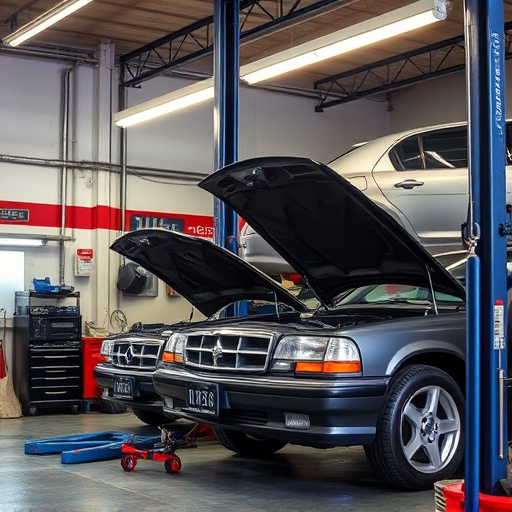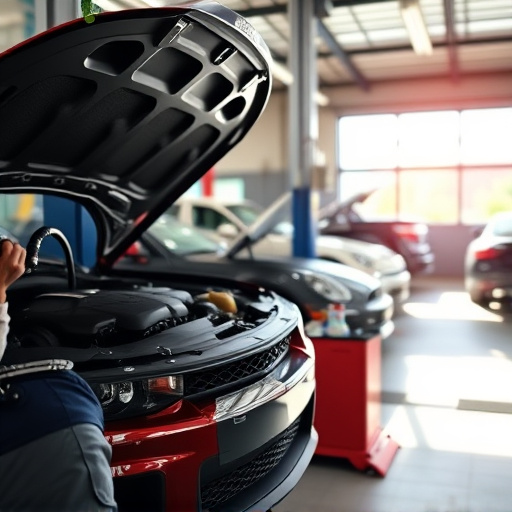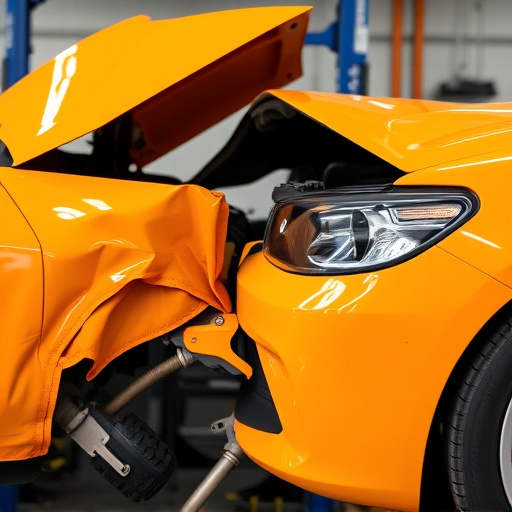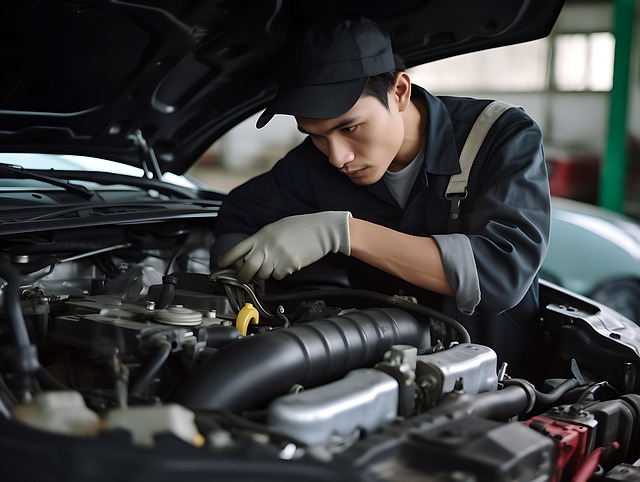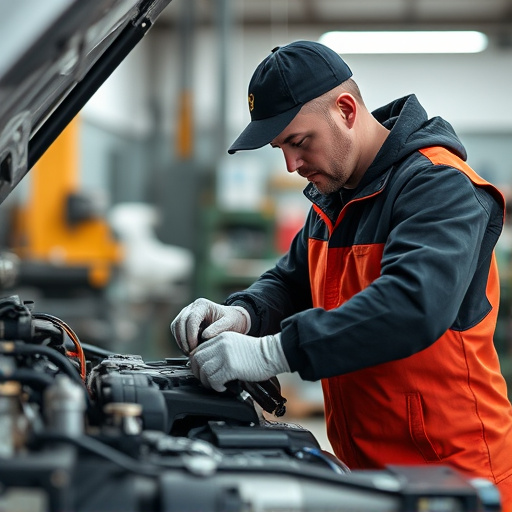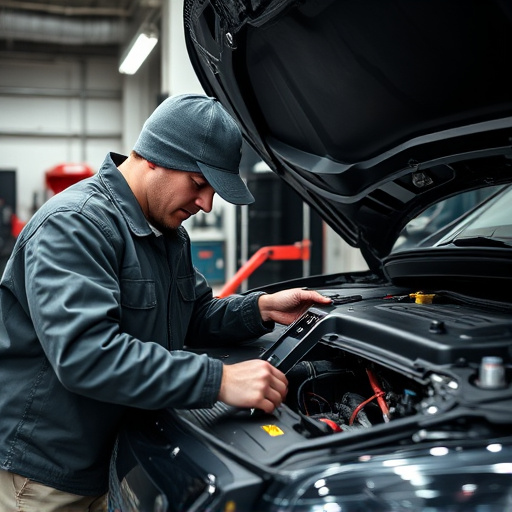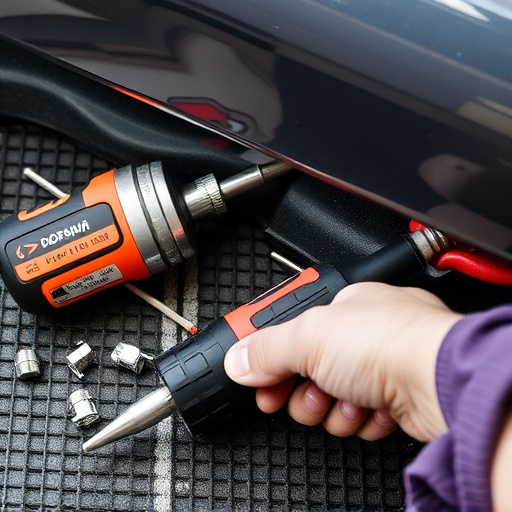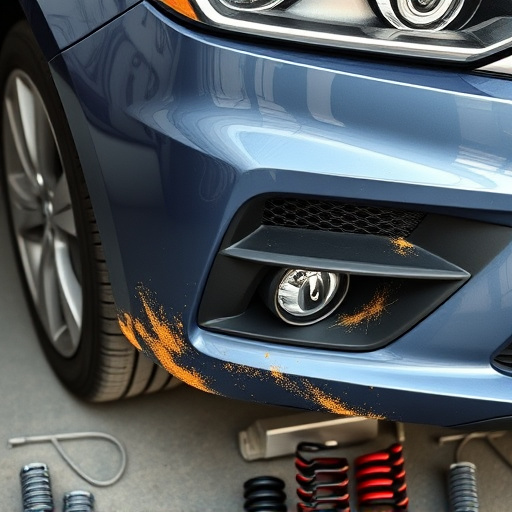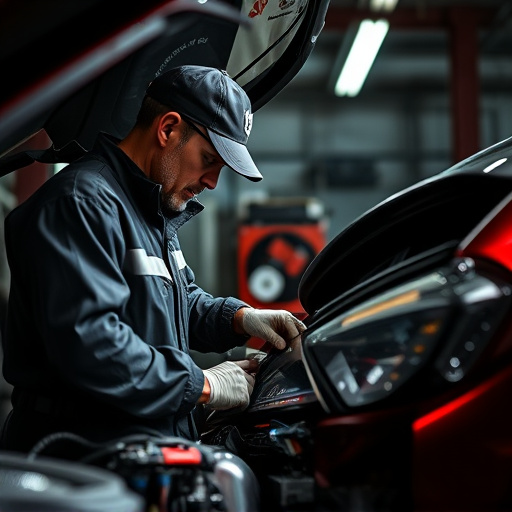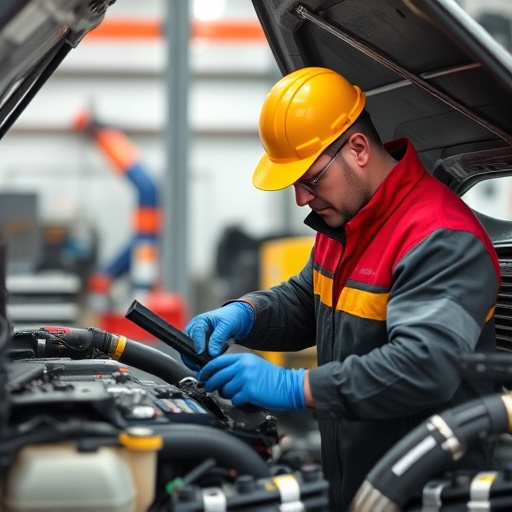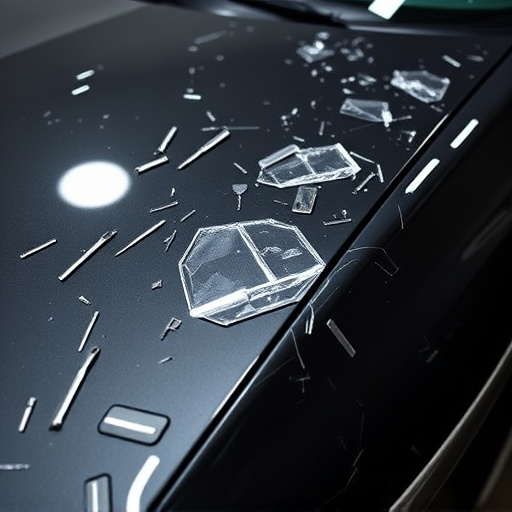Aluminum repair techniques are essential for auto shops to service modern luxury vehicles with aluminum bodies. Traditional methods struggle with intricate body work and can leave visible damage, but advanced aluminum repair solutions preserve original factory finishes, speed up dent removal, and maintain vehicle performance and safety standards, aligning with high-quality expectations of discerning clients.
Aluminum repair techniques have become indispensable in modern auto shops, reflecting the increasing prevalence of aluminum in the automotive industry. Once a niche material, aluminum now dominates many vehicle models due to its lightweight properties and fuel efficiency. However, traditional repair methods often struggle with this unique metal, leading to subpar results. This article explores the challenges of conventional repairs for aluminum cars and highlights the benefits and innovations of specialized aluminum repair techniques essential for ensuring structural integrity and aesthetic appeal.
- Understanding Aluminum: Its Rise in Automotive Industry
- Challenges of Traditional Repair Methods for Aluminum Cars
- The Benefits and Innovations of Specialized Aluminum Repair Techniques
Understanding Aluminum: Its Rise in Automotive Industry

Aluminum has steadily risen as a prominent material in the automotive industry due to its exceptional properties. Its lightweight nature makes vehicles more fuel-efficient, reducing carbon emissions and enhancing performance. This shift is evident in modern cars where aluminum is used extensively for various components, from engine blocks to body panels. The increasing demand for eco-friendly transportation has driven this change, positioning aluminum repair techniques as a vital skill for car repair shops.
As vehicles evolve, so do the materials they’re made of. For auto shops offering car scratch repair or comprehensive automotive repair services, understanding and mastering aluminum repair is crucial. This includes not just the structural repair of damaged parts but also the preservation of the material’s integrity to ensure the vehicle maintains its efficiency and safety standards.
Challenges of Traditional Repair Methods for Aluminum Cars

The traditional approach to repairing damage on luxury vehicles, often made with aluminum bodies, presents several challenges. Aluminum, known for its lightweight and corrosion-resistant properties, can be delicate when it comes to structural repairs. The material’s unique characteristics require specialized tools and techniques that many conventional car repair services may not possess. This is particularly true for intricate body work, where precision is key.
When a car has sustained dents, scratches, or other cosmetic damage, traditional methods might leave visible marks or fail to achieve the original factory finish. This is especially problematic for luxury vehicle owners who demand top-tier aesthetics and quality. Thus, adopting advanced aluminum repair techniques is essential for auto shops to meet these high standards, ensuring that damaged aluminum cars are restored seamlessly while preserving their value and appearance, even after car scratch repair or more complex procedures.
The Benefits and Innovations of Specialized Aluminum Repair Techniques

Aluminum repair techniques have brought about significant advancements in the automotive industry, particularly for auto shops catering to modern vehicles. These specialized methods offer numerous benefits, ensuring that car dent removal and fender bender repairs are efficient, effective, and environmentally friendly. One of the key advantages is the preservation of the vehicle’s original factory finish. With traditional repair approaches, repainting was often required after more general fixes, leading to added costs and potential color mismatch issues. However, modern aluminum repair techniques employ innovative tools and technologies that allow for precise dent removal and shaping without compromising the existing paintwork.
Furthermore, these specialized repairs are faster than ever before. Advanced equipment enables auto shops to accurately assess and correct dents quickly, reducing the time a vehicle spends in their workshop. This efficiency not only benefits businesses by increasing productivity but also provides customers with quicker turnarounds for their damaged cars, whether it’s a minor fender bender or more extensive dent repair. Such innovations have revolutionized the way auto shops handle aluminum-based car bodies, ensuring top-notch results while keeping up with modern vehicle technology.
Aluminum repair techniques have become indispensable for auto shops aiming to stay competitive in today’s automotive landscape. By understanding the unique properties of aluminum and embracing specialized repair methods, shops can address the growing demand for efficient, cost-effective, and durable solutions. These advanced techniques not only overcome the challenges posed by traditional methods but also ensure that aluminum vehicles are repaired to the highest standards, preserving their structural integrity and performance. Embracing these innovations is a step towards future-proofing auto shops and meeting the evolving needs of car owners.

